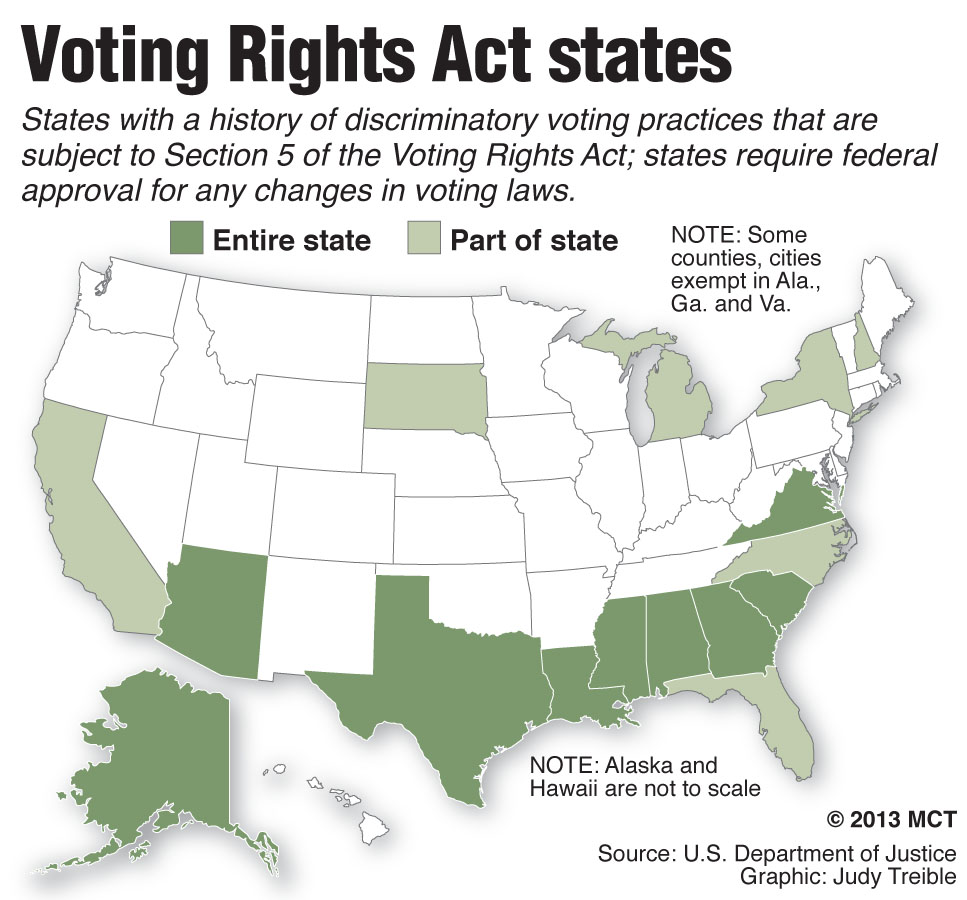On July 4th, 1776, 238 years ago, the 13 colonies signed the Declaration of Independence with the intent of freeing themselves from their sovereign nation of the United Kingdom. The basis of this in part was representation in law creation and modification and so a republic was born. This republic is the United States of America.
We as US citizens are granted the right to elect a president, two senators and congressmen once we reach the age of 18. This holds giant implications on the country as a whole. The individual elected president is chosen to lead the country through crisis or peace. That individual shapes the country for 4 years and underneath him are other politicians who have the same power collectively. This process is how collectively, a country chooses an individual to represent the common folk. There are checks and balances but, these individuals make decisions that can benefit or impede the denizens of the United States. These can be financial, military or social issues. They have the opportunity to progress the country to their liking. This is important to understand because there are many aspects that could be changed to progress the country to a more harmonious way.
So elections began with George Washington, how has it progressed since? Back in the 19th century slave were considered three-fifths of an individual and this was used by the South to obtain more seats in Congress. That is the start of the struggle black individuals had to face before obtaining suffrage. Following the Civil War, the South entered a period of Reconstruction, which only degraded the black and white relations, as Southerners barred blacks from voting even though black men were allowed to vote. In the twentieth century women are granted the right to vote. However, it is realized in 1940 that only 3% of blacks in the South are registered to vote. This comes from the imposing literacy tests forcibly given to minorities to disenfranchise some of the poorer and less educated. This would lead into a push for voting rights from black southerners. This resulted in President Johnson signing the Voting Rights Law in 1965. This law does not allow minorities from being barred from voting stations. The situation has changed much as we take a look at voting in today’s day of age but there are still many flaws that impede many from voting.To this day certain states are subjected to federal approval before any changes to voting laws. See the image below.
 |
| (click picture to be taken to original source) |
Some important areas in this topic include; how political positions change with geography, different ways to get politically involved and the progression of voting rights as the country attempts to extend suffrage to all of it’s citizens. These areas are crucial to fully understand as it looks at the United States from a macroscopic look and the individual at the microscopic level so to speak.
Civic engagement in the US is generally low and it should be turned around and made into a bigger issue. Did you know that the US ranks 79th for women participation in politics. Also, politicians have been keeping a close eye on the minority votes as they can sway the elections for Congress this upcoming November. Look for my upcoming blog posts on the matter of civic engagement and political participation as I will be delving into them closer and closer.
No comments:
Post a Comment